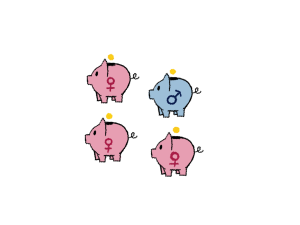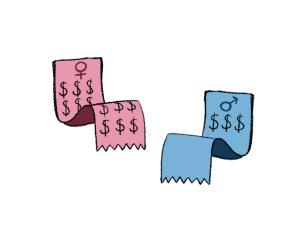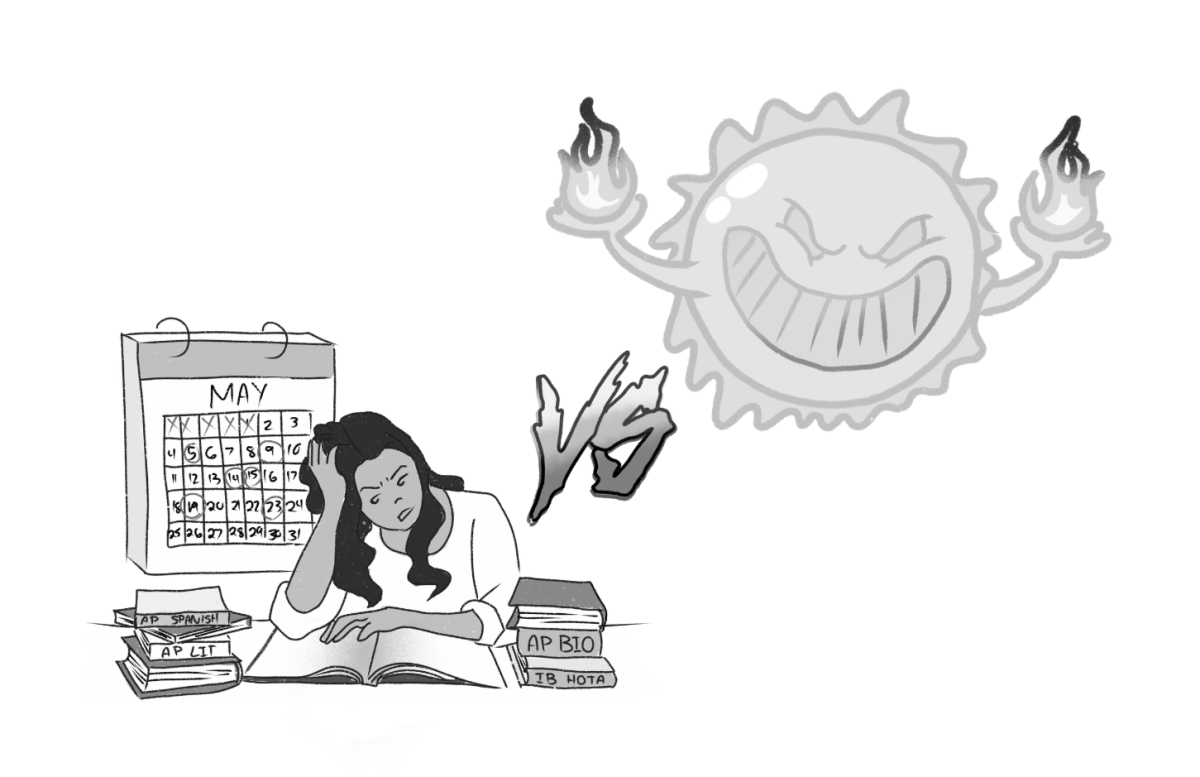It is pretty hard to be a woman in this economy. Seriously, the Legislative Office of Los Angeles records that there has been a twenty percent increase in inflation since 2020. While this type of inflation affects everyone, women are disproportionately impacted by a separate type of inflation called the pink tax. The term pink tax is not an actual tax but refers to the markup on products and services marke

ted toward certain gender groups — particularly female goods. Estimates from the California Legislature find that, on average, women pay 180,000 more dollars in their lifetime for the same goods and services than their male counterparts. Prior to passing the ban on the pink tax in California, the pink tax penalized women an additional 47 billio
n dollars each year in California. This issue is not only surface-level gender discrimination but also the insufficiency of federal laws to prevent this discrimination.
Gender discrimination is a key factor in the existence of the pink tax. The same razors, children’s toys, and even jeans marketed toward females are often priced higher than their male counterparts. This disparity leads to women choosing to buy products marketed to men simply because they are cheaper. Before the Pink Tax
Repeal Act was enacted in California, product prices were significantly affected. “When I was growing up, I often noticed that the graphic tees in the men’s section were significantly cheaper than similar graphics in the women’s section,” said sophomore Grace Wright. “I always found that the men’s razors are always cheaper than the pink ones,” said Kaitlyn Zhang. And when some argue that women’s products are priced higher because only women would willingly spend that money on goods and services, the facts prove otherwise. Bankrate found that canes were 12% more expensive when marketed towards women than men. This widespread disparity of the pink tax is much more severe than what meets the eye. Markups on everyday items pose economic challenges for women, especially when they are paid lower wages and face barriers to career advancement. On Marc
h 1st, 2024, Forbes reported that women earn an average of 16% less than men.

The existing wage gap exacerbates
the economic impact of unequal pricing of goods.
The most concerning aspect of the pink tax is the lack of regulation to tackle this issue. Currently, Congress has not passed any bills to address this concern effectively. The Pink Tax Repeal has been reintroduced in various forms since 2016, most recently in 2021, but has never been passed. This act aims to regulate the difference in pricing of goods and services based on the gender they are marketed to. Only two states, California and New York, have any legislation to regulate the gendered pricing of products. Yet even California’s ban on the pink tax is facing issues because of state-specific regulations, making online enforcement lacking in online places such as Amazon.
Policymakers often overlook marginalized communities, and there is a pressing need for more action to level the playing field for equal opportunity. Living in California should not be a privilege but an opportunity everyone receives. When the majority of the population faces unfair markup on goods and services, there needs to be a collective effort to mandate equal opportunity.



















